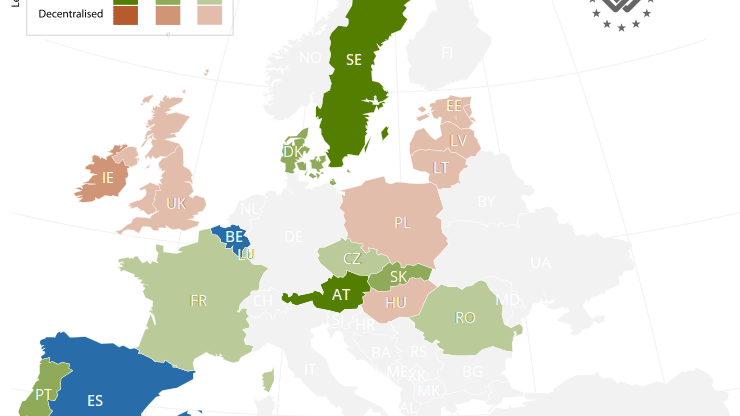Working time convergence in the European Union is at a stand-still
Eurofound’s new ‘Developments in collectively agreed working time 2014’ report covers several issues related to the length of working time in the European Union and Norway in 2014.
Eurofound’s new ‘Developments in collectively agreed working time 2014’ report covers several issues related to the length of working time in the European Union and Norway in 2014.
This year marks 40 years for the European Foundation for the Improvement of Living and Working Conditions (Eurofound), the Dublin-based EU Agency charged with providing knowledge in the area of social and work-related policies.

Only a fraction of young Europeans interested in becoming entrepreneurs actually go on to do so, according to Eurofound’s new report ‘Youth entrepreneurship in Europe: Values, attitudes, policies’.
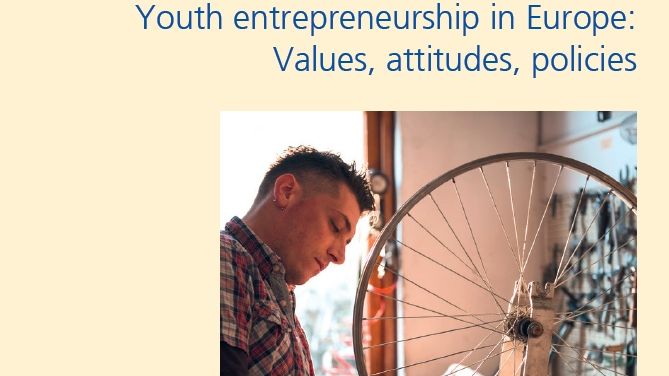
Eurofound launches 3rd European Company Survey overview report at high-level EU Presidency conference ‘Workplace practices: creating win-win arrangements for companies and employees’

Eurofound launches the fieldwork for the 6th European Working Conditions Survey (6th EWCS). With over 43,000 interviews with workers in 35 countries, the survey offers a comparative snapshot of the state of working conditions and its changing trends in Europe. The first findings of the 6th EWCS will be presented at the end of 2015.
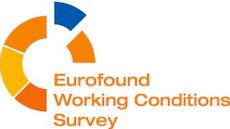
Eurofound’s 2015 work programme outlines a dual challenge for the European Union and the Member States: finding a way out of the crisis while pursuing the mid-term ambition of achieving progress towards a competitive and fair Europe. Although the financial situation in Europe seems to have stabilised, the recovery is still very modest and needs to be consolidated.
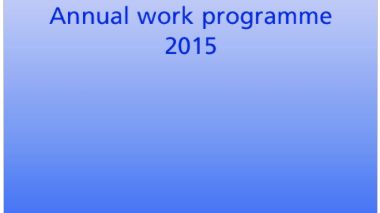
In the wake of the economic and financial crisis, many European governments have cut spending on healthcare services. A new report from Eurofound identifies the groups most likely to face barriers to healthcare as a consequence of the crisis, including a number of new groups that have been generally overlooked by policymakers.
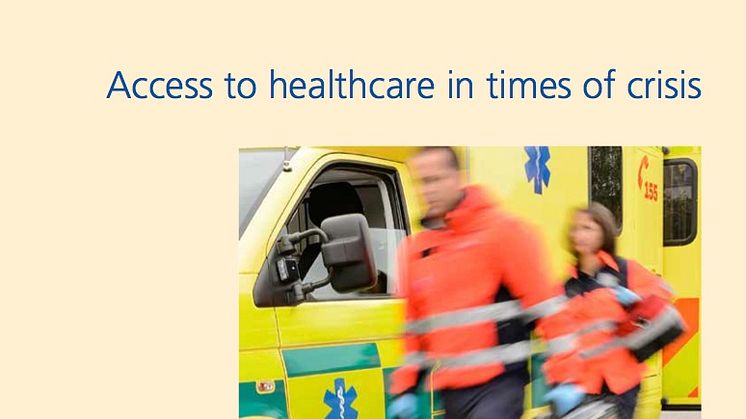
A new report out today gives a broad overview on psychosocial risks at European workplaces and provides examples on the way forward at political as well as company level. The report is presented today to national labour inspectors and practitioners from several southern European countries in Ljubljana, Slovenia, and to EU-level policymakers in Brussels, Belgium, on Thursday 16 October 2014.
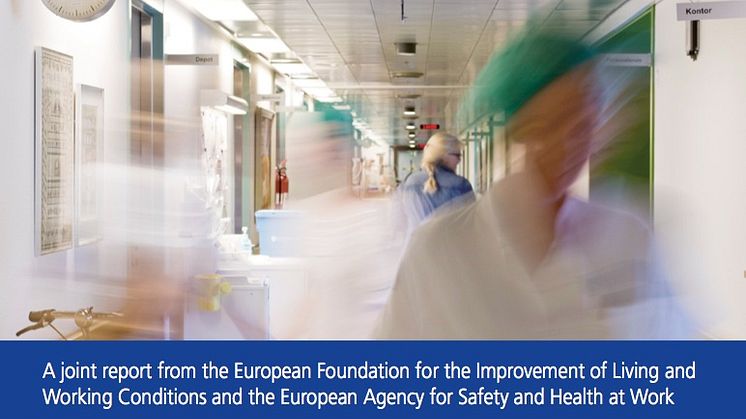
Eurofound’s fifth annual yearbook, Living and working in Europe, based on the Agency’s research from 2013, describes developments in the EU in the wake of the crisis, focusing on major topic areas including changes in labour markets and employment, efforts to tackle youth unemployment, innovation in workplaces and public trust in institutions.

The average collectively agreed weekly working time in the European Union stood at 38.1 hours in 2013, according to Eurofound’s latest working time update. The combined total of agreed annual leave and public holidays in the EU varied from 40 days in Germany and France to 29 days in Belgium - a difference of more than two working weeks. The Working Time Developments in Europe 2013 report is out.
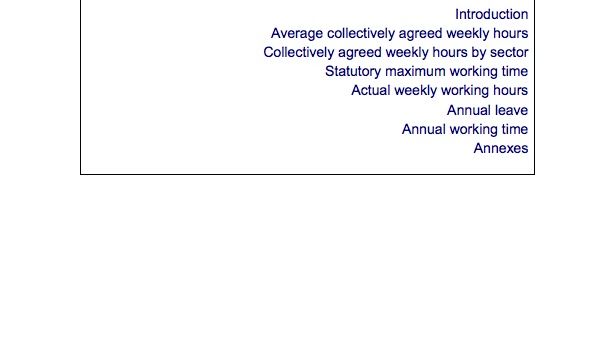
In cooperation with the Greek Presidency of the Council of the European Union, Eurofound is organising a high-level conference Social Dialogue as a driver in shaping and improving employment and working conditions in the EU in Athens on Monday 23 June 2014. Keynote speakers include Nobel Price winner Sir Christopher Pissarides and Ioannis Vroutsis, Minister of Labour, Social Security and Welfare.
Nominal collectively agreed pay increases remained limited in the majority of EU Member States in 2013. However, because of lower inflation rates, employees in a number of European countries saw the purchasing power of their wages increase, reflecting a change from the post-crisis trend that had been observed since 2011. Eurofound’s annual update on pay is out.
